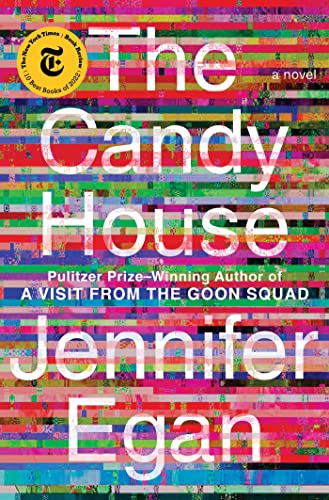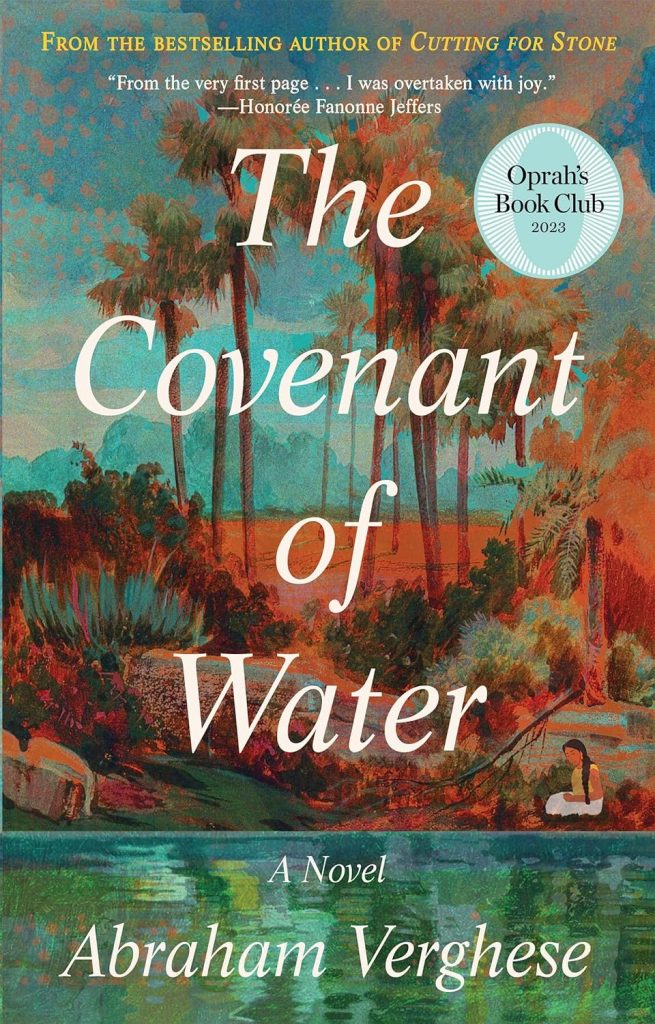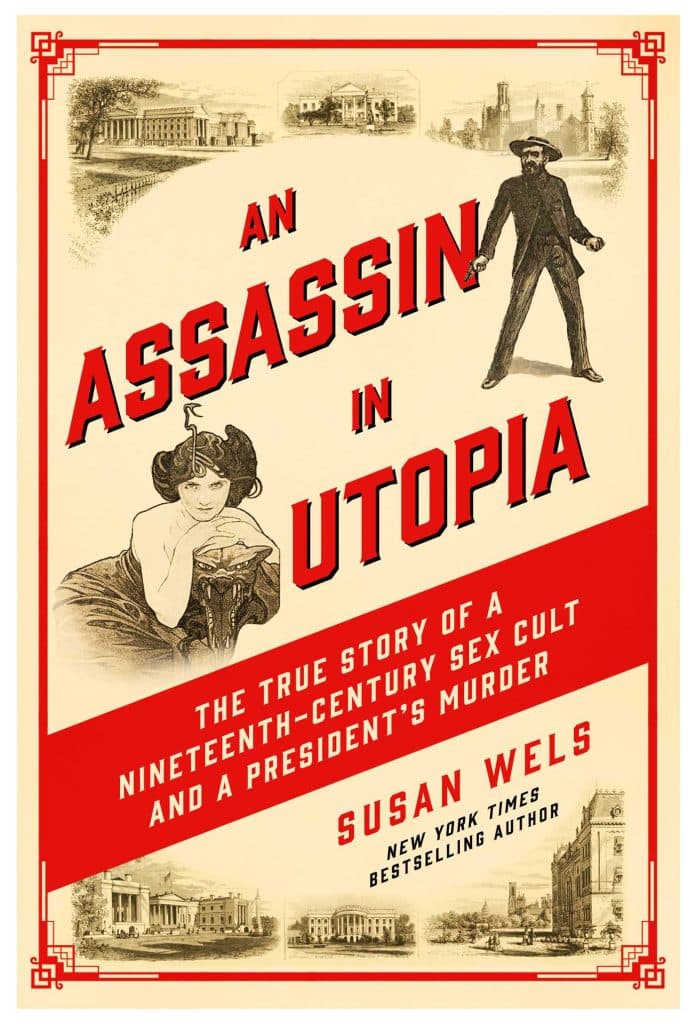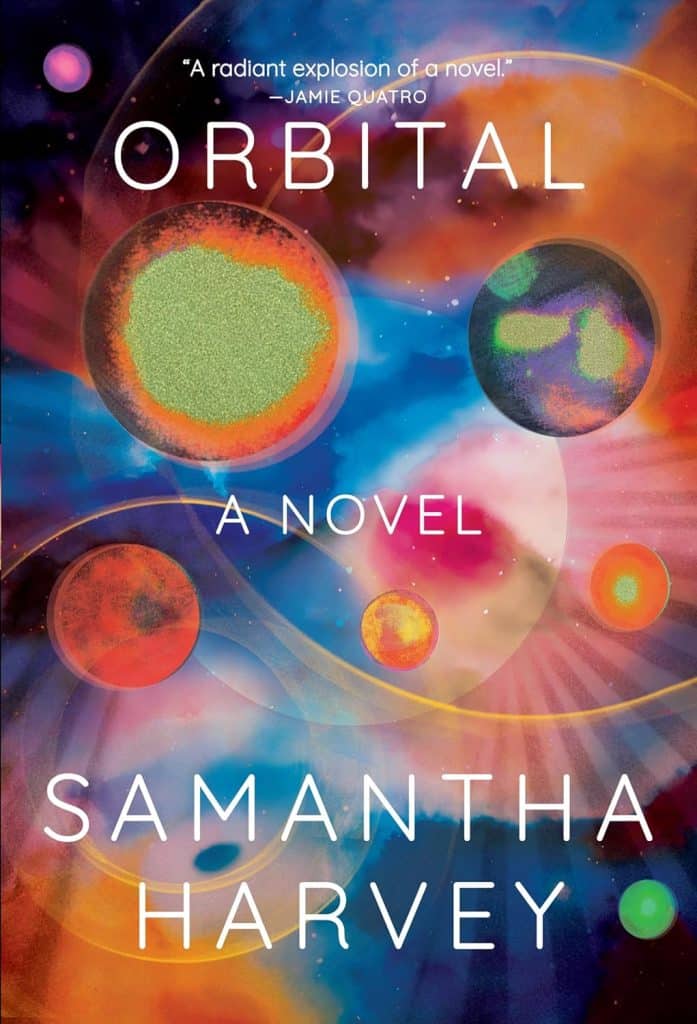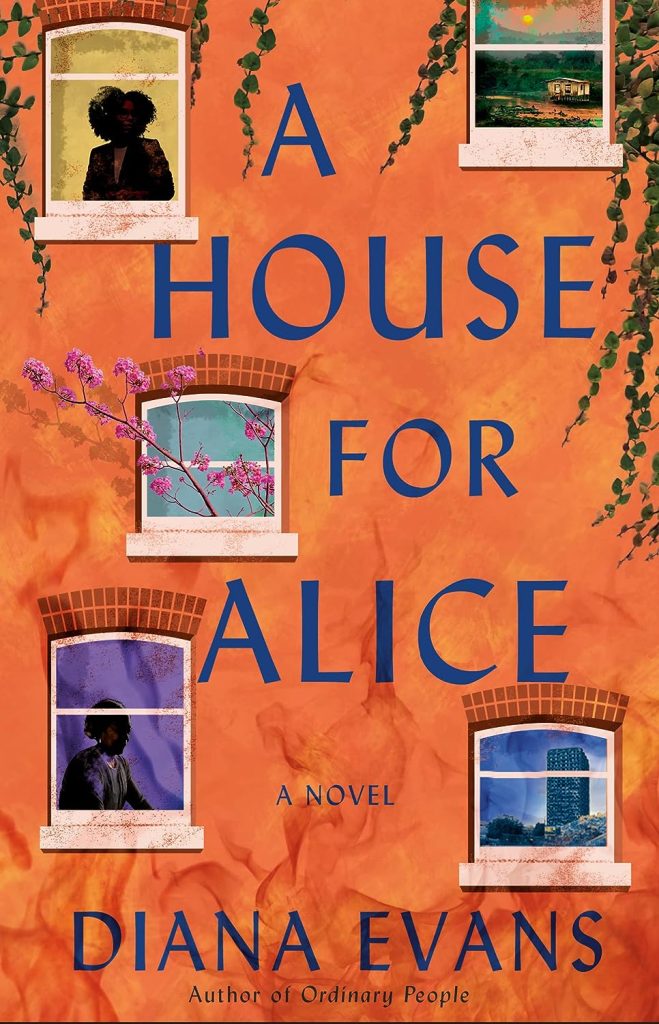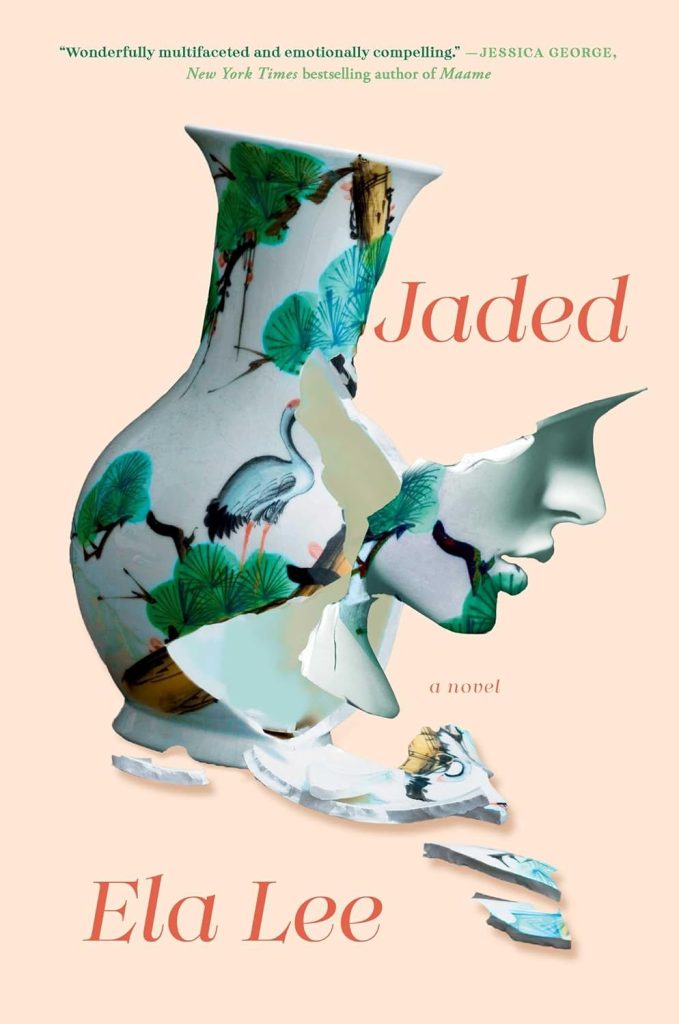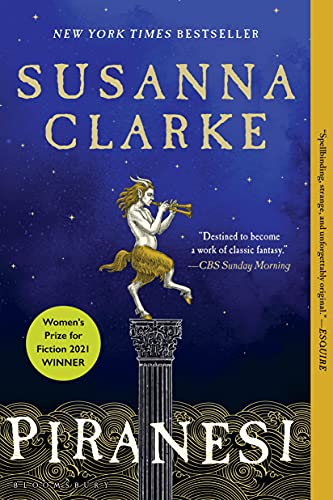
Piranesi: A Novel by Susanna Clarke
Estimated reading time: 1 minute, 47 secondsPiranesi by Susanna Clarke is about a man known as Piranesi who lives in a big house and explores the labyrinth of rooms and hopes of understanding the meaning. Is it any surprise that I would pick this book as my thirtieth of the year? As a widow, I journal and journey in a life I did not expect to live, and I still believe I will find meaning and purpose.
In addition, a labyrinth is one of the options we have discussed for the next phase of the work in Hanson Park.
Piranesi is a page-turner, but that does not fully describe the beauty of the world that Susanna Clarke created. I highly recommend this book as it is one of my best this year.
The Goodreads summary provides an overview of Piranesi by Susanna Clarke.
Piranesi’s house is no ordinary building: its rooms are infinite, its corridors endless, its walls are lined with thousands upon thousands of statues, each one different from all the others. Within the labyrinth of halls an ocean is imprisoned; waves thunder up staircases, rooms are flooded in an instant. But Piranesi is not afraid; he understands the tides as he understands the pattern of the labyrinth itself. He lives to explore the house.
There is one other person in the house—a man called The Other, who visits Piranesi twice a week and asks for help with research into A Great and Secret Knowledge. But as Piranesi explores, evidence emerges of another person, and a terrible truth begins to unravel, revealing a world beyond the one Piranesi has always known.
For readers of Neil Gaiman’s The Ocean at the End of the Lane and fans of Madeline Miller’s Circe, Piranesi introduces an astonishing new world, an infinite labyrinth, full of startling images and surreal beauty, haunted by the tides and the clouds.
When you buy a book or product using a link on this page, I receive a commission. Thank you for supporting Sharing Jan’s Love blog.


